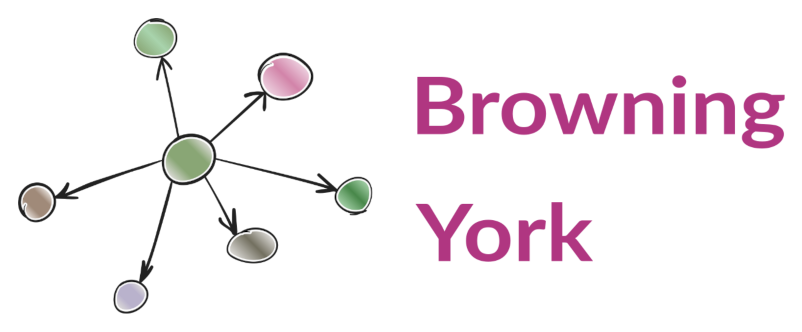…. are you making an ‘ass’ out of ‘you’ and ‘me’?
Or at least out of someone you know?
 Apologies for starting with such directness, but sometimes we need to ask the tough questions. Of course, what I’m really asking is are you making assumptions about people around you and what they mean by the things that they say and do?
Apologies for starting with such directness, but sometimes we need to ask the tough questions. Of course, what I’m really asking is are you making assumptions about people around you and what they mean by the things that they say and do?
If this is something you’re doing, either consciously or not, chances are that the communication between you is not working very well. And while this isn’t great in any situation, it can be particularly problematic at work.
A lot of the work that I do involves helping others to find and express their voice in their organisations. When people get the chance to say what they think about a given situation and others are able to hear what they are saying and see it from someone else’s point of view, it’s amazing what difference can be made. Suddenly, a shared understanding leads to greater collaboration and things move forward.
Conversely, when people stay in their own little bubble, muttering about how ‘they’ don’t understand what it’s like or ‘they’ are just out to do something their own way, that’s when problems arise. Entrenched views based on false understanding set in.
I recommend that, whatever your role, you take time to consider whether you are making assumptions about your colleagues.
Do you assume that someone in a different team won’t be interested in getting involved with your project team?
If you make contact with them and ask them directly if they would like to help out, you might find that they will jump at the chance to learn something new or to contribute their experiences from a non-expert point of view.
Do you assume that your boss will hate your idea for a new way of doing things because it will change what happens in the team?
Next time you’re having a chat, tell her that you would like to share an idea that you think will make things more efficient for the whole team and see what she says – if you show how your idea is a benefit to everyone and not a challenge to any one person, the conversation will go much better.
Do you assume no-one is reading your newsletter because they’re not interested in the content?
Carry out a readership survey to find out what’s really going on – you might find out that nobody is reading it because the format doesn’t work well on their screen and they haven’t got the time to change their settings.
All in all, if you challenge your own assumptions and find time to listen to others, you’ll find that it is much easier to collaborate and get the job – whatever it is – done.
If you’d like me to help improve listening and collaboration in your organisation, get in touch to have a chat about where to start.
Until next time
Sarah
